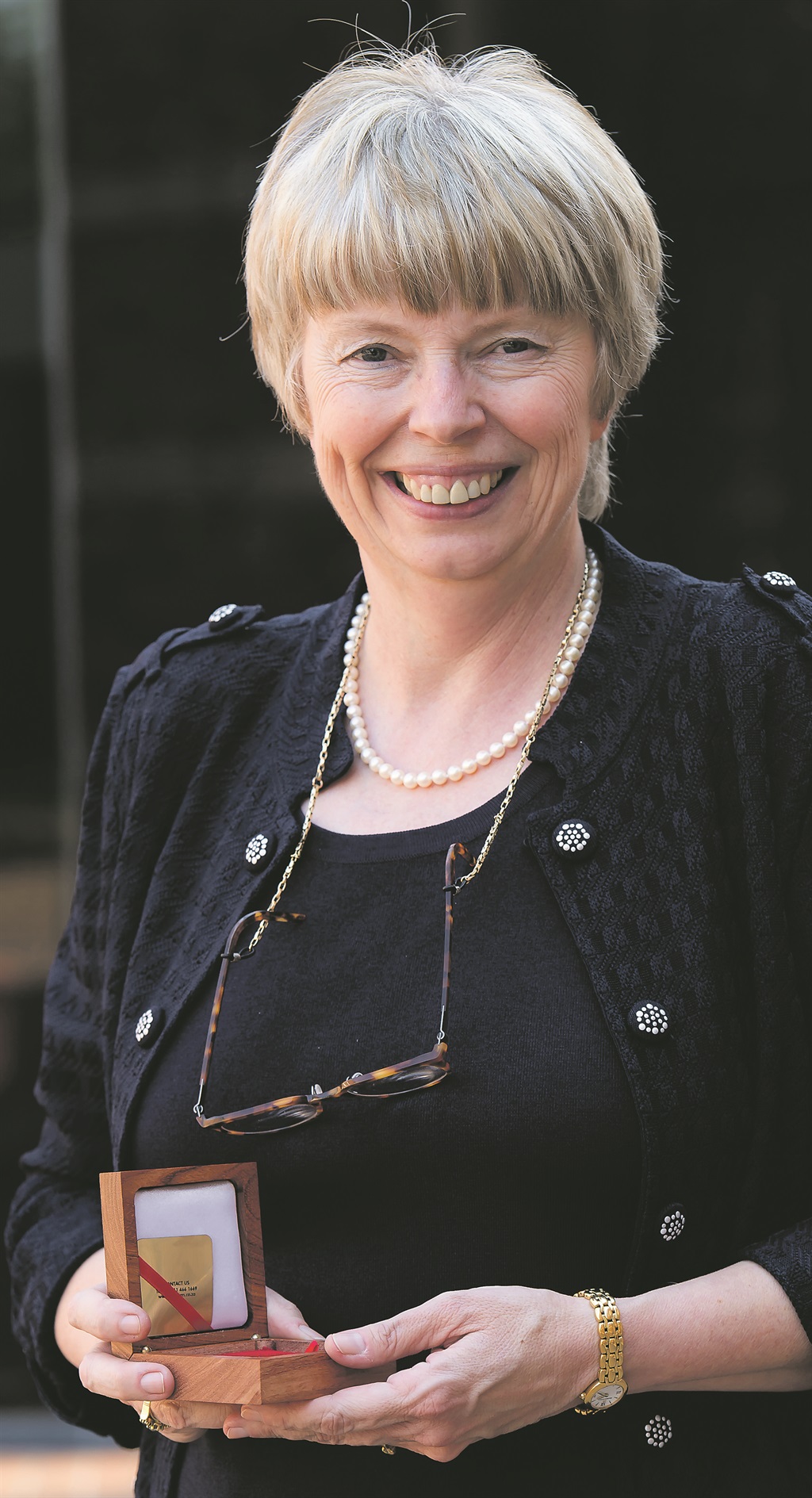
Keeping South Africa and the world’s trees healthy and disease-free, whether in plantations or in indigenous forests, is Professor Brenda Wingfield’s work and her passion.
You can’t separate the two, I realise, as the friendly dynamo – internationally recognised for her work in genetics – energetically ushers me past her enthusiastic colleagues and students.
Fungal pathogens (bacteria or viruses) can cause serious diseases in trees. And every tree in the world is at risk because of what academics call “movement of material”.
A century ago, a fungus that causes blight in chestnut trees, which were imported from Asia, literally changed the eastern seaboard of the US.
Many millions of trees were wiped out as the fungus rampaged deep into the continent.
“It was devastating both for the indigenous people and the early European arrivals, who existed on the chestnuts, for they are good food,” says Wingfield.
Back in Asia the chestnut trees had, over years, evolved to fight the disease in a race between them and the pathogens.
Business tip: Embrace change. The opposite is stagnation and that is not positive.
Mentors: They range from high school teachers to my university lecturers and my husband, Mike Wingfield.
Books: I’m indiscriminate – I read everything. I also speed read – for ideas more than content.
Inspiration: Life, biology, our DNA. The fact that we exist is miraculous and fascinating.
Wow! Moment: Realising that I’m an introvert and being comfortable with it.
But the unprepared American trees were slaughtered.
In South Africa, huge plantations of pine and eucalyptus have been grown over the years due to the country’s paucity of indigenous forests, and a need for fuel wood and timber.
“A number of fungal diseases quite quickly affected the planting. This is why we are now choosing species of pine and eucalyptus that are more resistant to them,” explains the professor.
Three years ago eucalyptus rust, a blight that has seriously affected forests in South America, was discovered here.
Now the “arms race”, as Wingfield calls it, is on here as she and her team, which forms part of the tree protection co-operative project, battle to find a solution to the problem.
“It’s a race between the pathogens and their [tree] hosts. The capacity of a pathogen to adapt and change in response to the defences of its host defines the ability of that pathogen to survive,” she says.
Wheat breeders develop disease-resistant wheat and the forestry industry is no different.
“There are tree breeders who are breeding for resistance. We help them.”
In recognition of Wingfield’s work over the past 20 years and her continuing research, she was given the 2016 Harry Oppenheimer Fellowship Award.
It will enable the professor and her students to enhance their research efforts.
If it was not for them, the South African forestry and agricultural industries would have to seek international help.
“I have strong feelings about bringing in outside expertise. Not only do they not understand our particular circumstances, but they don’t care as deeply as we do about what happens here. The South African forestry industry has been really good in funding our programme and we are internationally known for our work here,” says Wingfield.
She grew up on the fifth gorge of the Victoria Falls, where her father was an engineer “and my mother battled with baboons eating her fruit, and snakes targeting our chickens”.
Wingfield discovered a passion for genetics at high school and chose the University of Natal in Pietermaritzburg.
Both she and her husband Mike, who is recognised internationally for his research in mycology and plant pathology, obtained degrees in the 1980s at the American University of Minnesota.
They returned to South Africa because “we owed it our loyalty and felt we could make a difference here compared with what we could do in a first-world country”, says Wingfield.
In 1998, the couple moved their collective research programmes to the University of Pretoria, where they started the Forestry and Agricultural Biotechnology Institute.
Wingfield eagerly outlines how her faculty promotes science to schoolchildren through, inter alia, their Up With Science programme.
“We’re conscious that people compare a scientific career with those in medicine, dentistry and accountancy, which pay more. However, the satisfaction we experience is immeasurable.”
The modest professor and mother of a son and a daughter, who are both in their 20s, says the family relaxes together on their annual holiday on the South African Wild Coast.




 Publications
Publications
 Partners
Partners








